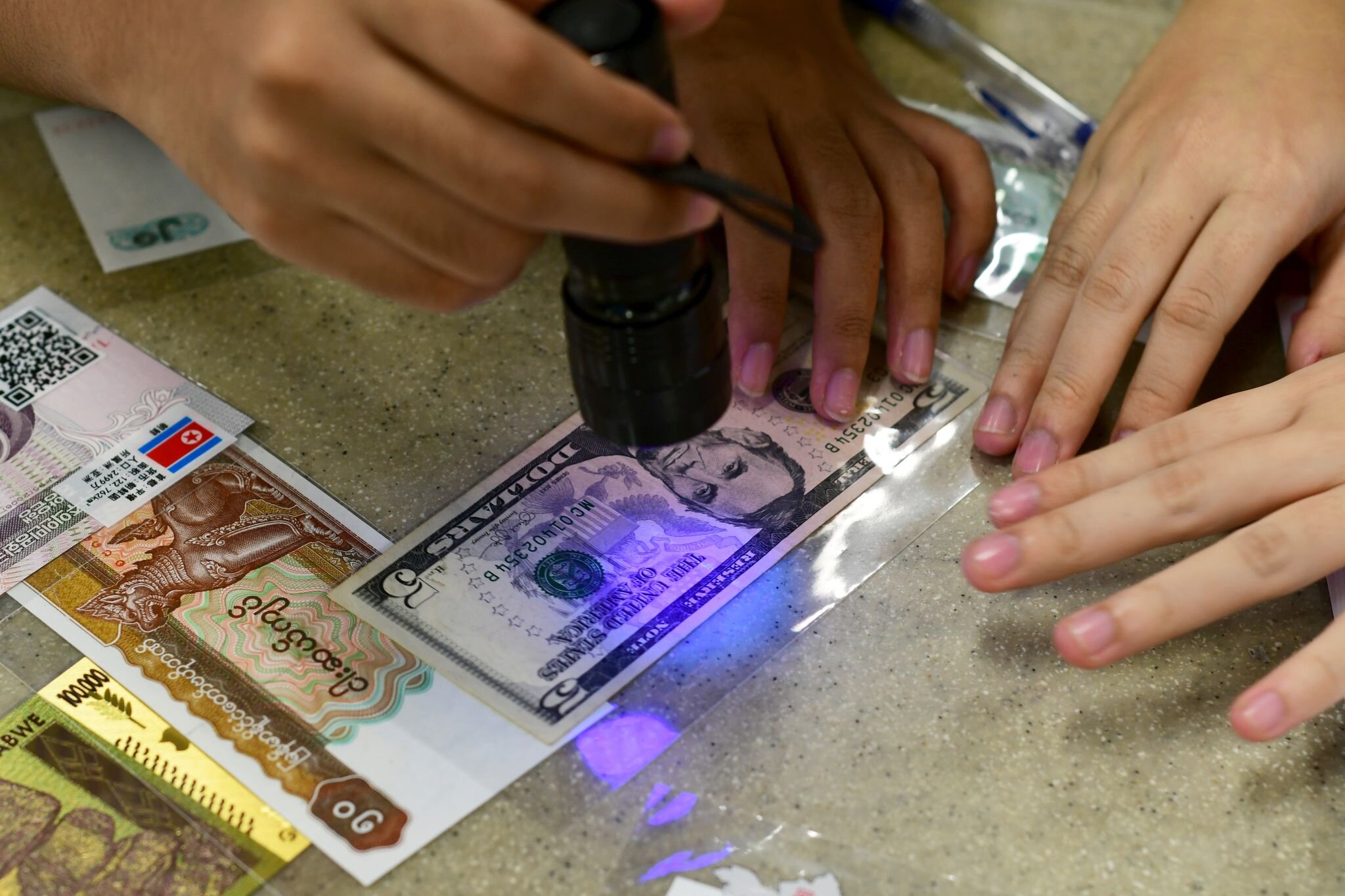18 years in education is not a short time.
I am seriously contemplating a move out of it.
For those who’ve known me for some time, this may seem unexpected. After all, it’s what most people I know have known me for, and know that I truly enjoy.
Thankfully, though, it’s not the only thing they know me for. I do have options.
Perhaps it’s worth talking about - why I’m thinking about leaving the education industry, at least in Singapore.
Those who are parents or are educators themselves know that our local education system has mandated a fairly recent “update” to the way schools are handling class allocation for their students.
Essentially, each class is “mixed” - with students from different backgrounds, who have different aptitudes, and who likely have different life experiences thus far.
Each student is projected to learn each subject at their pace and at a level that is projected to cater to them.
The intent behind it was noble. The marketing to the public was focused on the positive. The educators themselves were informed way ahead of time and deemed prepared.
The results are, to put it lightly, not great. Even taking into consideration the usual teething problems at the start of any huge change, there is a clear lack of support and knowledge of handling rising issues.
It all looks to me like a poorly-thought-out grand experiment and I’m not confident that it will yield the hoped-for results, at least not within the next 5 - 10 years.
Some schools had piloted the move since a couple of years ago, but, as of 2024, this is now a nation-wide programme.
As an educator for nearly 2 decades, I’ve had my share of difficult audiences.
What I haven’t faced in that time is the sheer number of difficult audiences over such a short time.
I cannot speak for the teachers in the schools, but, from my interactions with them, they, too, are facing difficulties.
Add this to the tremendously unfair practices around getting school programmes, which I have talked about before, and this becomes a serious push factor away from this sector.
Yes, my current employment revolves around this sector, and a move away from it will likely entail an end to this state of affairs.
It’s not an easy move to make, and I don’t relish the potential problems that doing so will bring.
That said, I am nearly at my limit with the current situation and, unlike teachers who are bonded to the system, I can much more easily make a move. I believe that, this time, I likely will.


